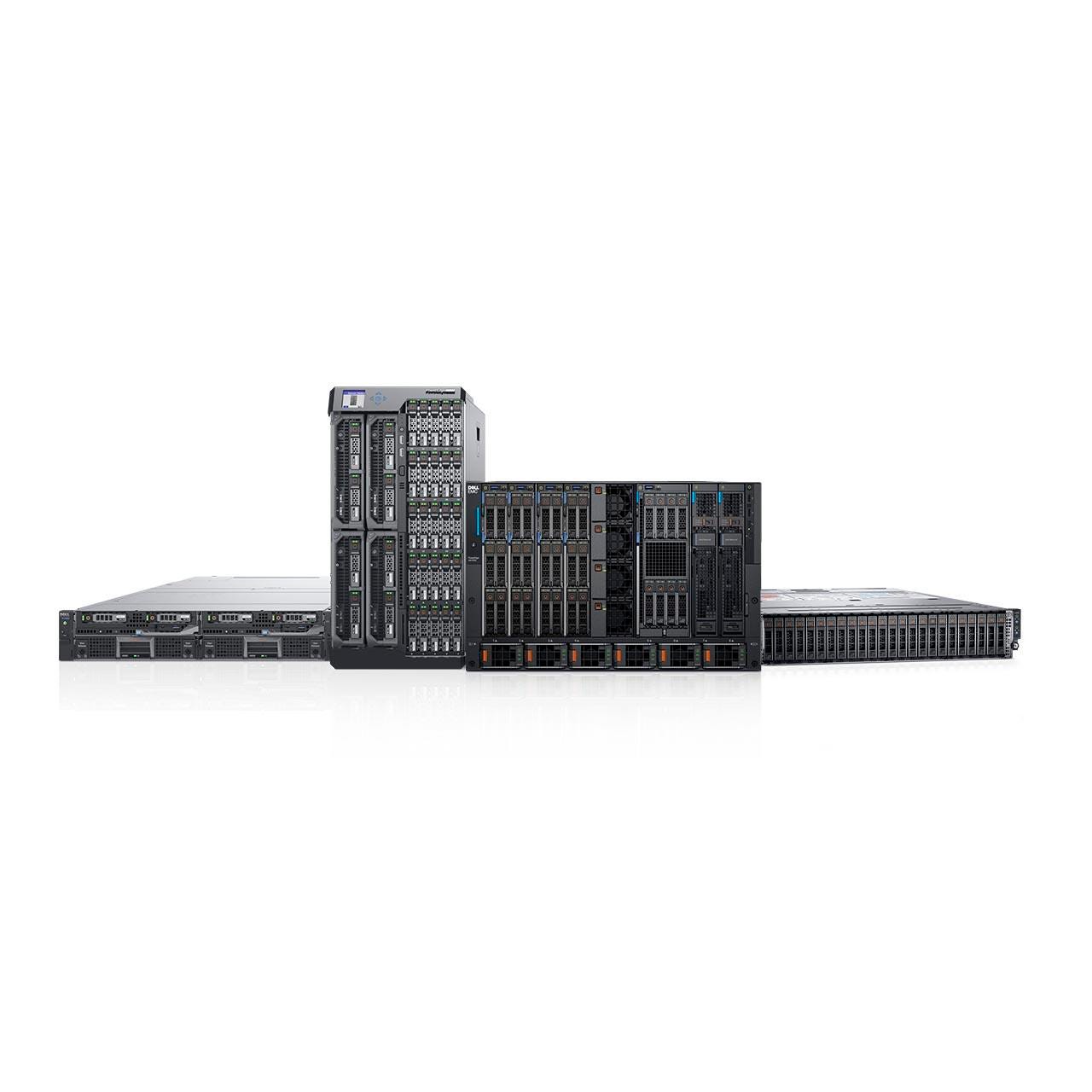Dell Technologies announces new server lineup for its PowerEdge portfolio


Dell Technologies on Wednesday announced its next generation Dell EMC PowerEdge portfolio, including 17 new servers that the company said deliver its highest performance to date as well as up to 60% more energy efficiency compared to the previous server generation.
Featured
The new PowerEdge R6515 features 3rd Generation AMD EPYC processors and accelerates data processing capabilities by up to 60% in big data Hadoop databases, according to Dell.
Meanwhile, the new PowerEdge R750, with the upcoming 3rd Generation Intel Xeon Scalable processors, delivers up to 43% greater performance to computational-heavy workloads. The new Dell EMC PowerEdge XE8545 and R750xa are accelerator-optimized for data-intensive workloads, Dell said.
The portfolio also includes the new Intel-based PowerEdge XR11 and XR12 ruggedized servers that Dell said offers enterprise performance and security in a durable form factor for edge-based workloads.
Dell is also highlighting its flexible on-demand pricing model via Project Apex, as well as the Dell Technologies Cloud Console, which serves as the control layer for multi-cloud deployments and procuring on-premise gear managed by Dell as a service. Dell said the new lineup of PowerEdge servers are available with Flex On Demand, allowing customers to make payments based on actual usage.
"Data is being created and used in more places than ever before, and organizations are challenged to act on it as quickly as possible," said Jeff Boudreau, president and GM of the Infrastructure Solutions Group at Dell Technologies. "As we innovate for the future of IT, advanced automation is a must, no matter where infrastructure resides. Our new PowerEdge servers offer next-level performance to help customers accelerate data insights and the move toward autonomous compute."